US presence in Iraq is undesirable, resistance won’t be indifferent to it: Analyst
By Ali Ghorban Bagheri
The presence of US forces in Iraq is undesirable and the Iraqi resistance has declared they won’t be indifferent to American aggression and interference in the Arab country’s internal affairs, says a prominent Iraqi analyst.
In an interview with the Press TV website on Monday, Qasim al-Aboudi, an Iraq-based political commentator, expounded on US threats against the Iraqi resistance groups and their possible consequences.
“There is no doubt that the presence of the American forces (in Iraq) is undesirable. It has many political and geopolitical consequences for the country,” he asserted, referring to growing calls for US ouster.
Earlier this week, Iraqi media cited local sources as saying that the United States intends to target leading Iraqi resistance leaders, including Akram Abbas al-Ka'abi, who heads Harakat Hezbollah al-Nujaba (HHN) resistance movement in the Arab country.
A report published by Sabereen News said US Ambassador to Iraq Alina Romanowski has informed some political parties in Iraq about the possibility of the US targeting leaders of Iraqi resistance groups.
Nujaba and other resistance groups in Iraq have repeatedly called for the ouster of US-led foreign forces from the Arab country and ending years of military occupation and subjugation.
In February, Al-Kaabi declared that there is no friendship between Baghdad and Washington, and the American occupation forces will not be allowed to continue their stay in Iraq under any pretext.
“The US is an enemy and will remain an enemy. We do not accept the staying of American forces, including advisers, technicians and combat forces. The resistance has no other position and will never change it,” he was quoted as saying at the time.
The resistance has particularly upped the ante since January 2020 when a US drone strike led to the assassination of Iran’s top anti-terror commander Lt. Gen. Qassem Soleimani and the deputy chief of Iraq’s Hashd al-Shabi Abu Mahdi al-Muhandis along with their associates.
After their assassination, which then-US president Donald Trump blatantly bragged about, the Iraqi parliament passed a unanimous resolution that called for the expulsion of US forces from Iraq.
Al-Aboudi said the present parliament is expected to implement the resolution, attributing the delay to the pressure from the US embassy in Baghdad as well as some Arab countries.
He also referred to the declaration by Iraqi resistance groups that they will not be oblivious to America’s open aggression and interference in Iraq’s internal affairs, including the continued existence of military bases, combat forces, spy drones and other destructive activities by the US embassy.
Iraqi Resistance Coordination Committee on Saturday issued an ultimatum to the government of Muhammad Shiaa al-Sudani in Baghdad, demanding prompt action against “US violations” in the country.
In a statement, the committee said it had temporarily suspended its military operations against the US military presence within Iraq, but it “should not be misconstrued as acceptance of the ongoing presence of US forces, which we consider illegal and unconstitutional.”
It went on to condemn US “interference” in Iraqi affairs, flagrant violations of Iraqi sovereignty, and the detrimental effects of the continued presence of US military bases, combat forces, as well as spreading vice, moral deviation and undermining the Iraqi cultural identity.
The Iraqi analyst hastened to add that the Coordinating Committee of the Iraqi Resistance has provided the ground for the government to expel foreign forces, but “it seems that the American embassy and some of its affiliated elements inside the country have misconstrued the silence” of the council.
He said the US ambassador’s threat is intended to deflect attention from various problems Washington-led forces are facing across the West Asian region amid the growing strength of the resistance movements.
Al-Aboudi remarked that the US embassy and its affiliates seek to revive military activities in the Arab country by inciting the resistance groups in order to prolong its presence in the country on the pretext of protecting Washington’s interests in the region.
VIDEO | Press TV's news headlines
VIDEO | Iran honors top Science Olympiad medalists
VIDEO | Austrians arrested at Gaza protest in Vienna
10 killed in bus crash in western Iran
VIDEO | One-man-band journalism with Civili
5 Israeli forces killed as Palestinian fighters face up to regime’s war machine
VIDEO | An insider's view of the country: Persian Tahini, Royan in Mazandaran
VIDEO | Israeli settler killed during strike against Tel Aviv; fresh aggression targets Yemen’s capital


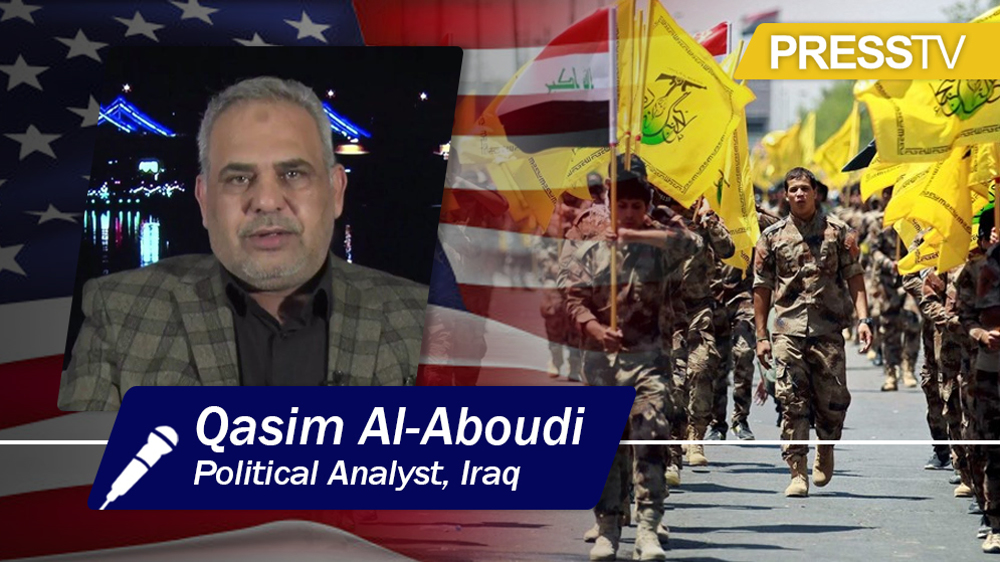

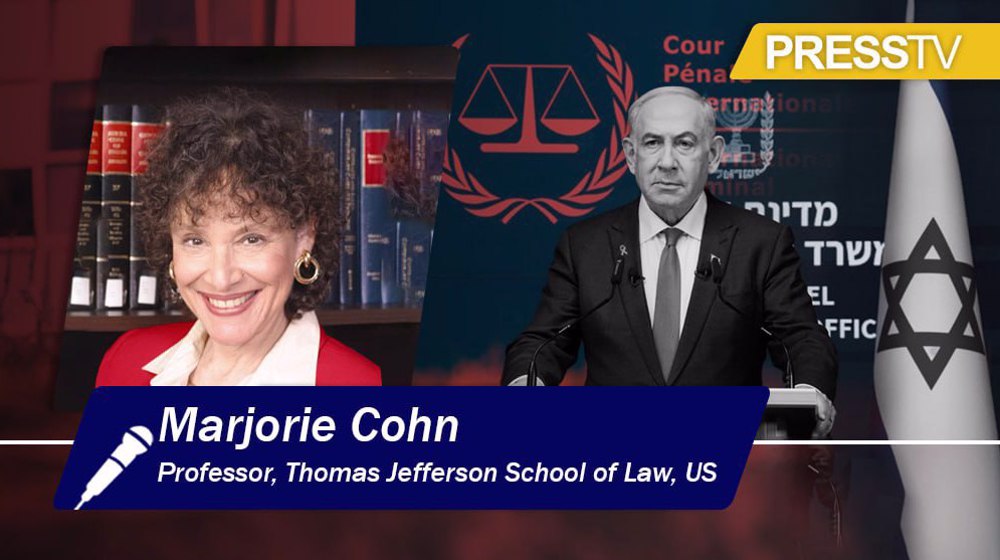
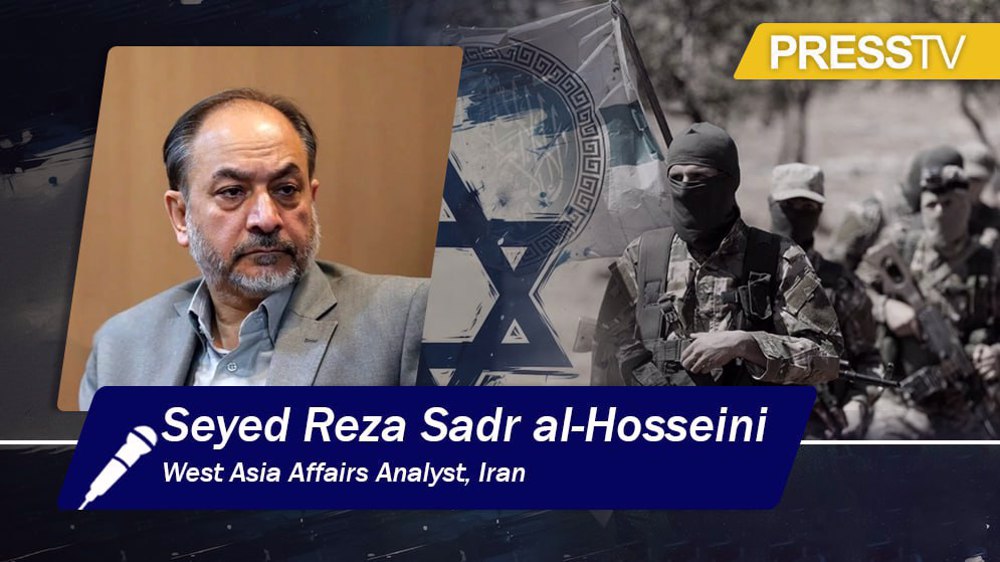



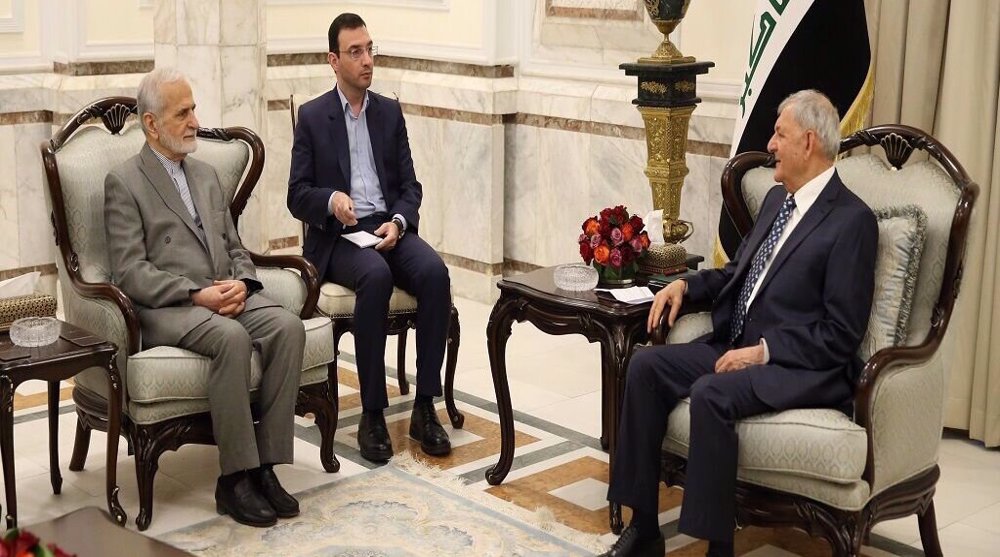
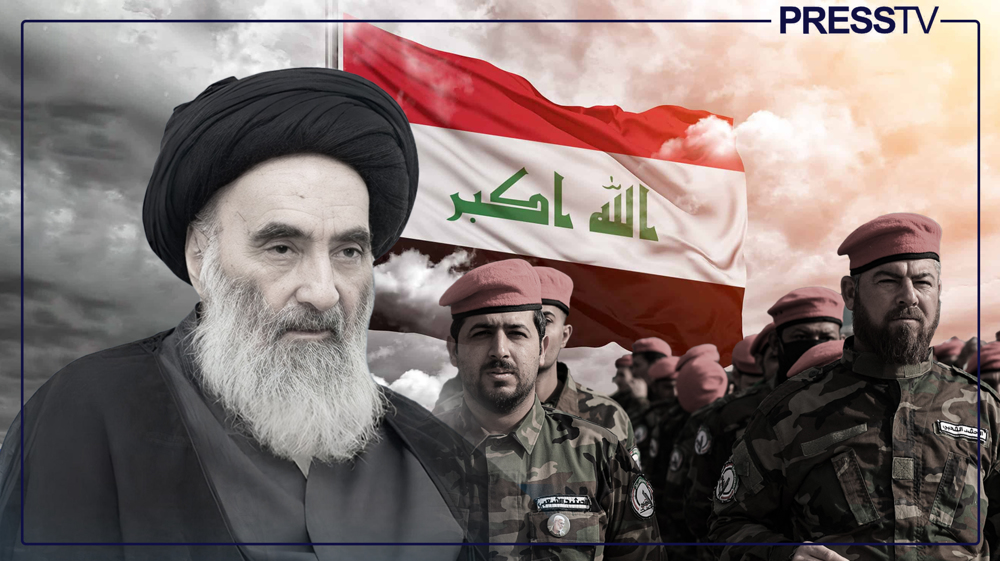
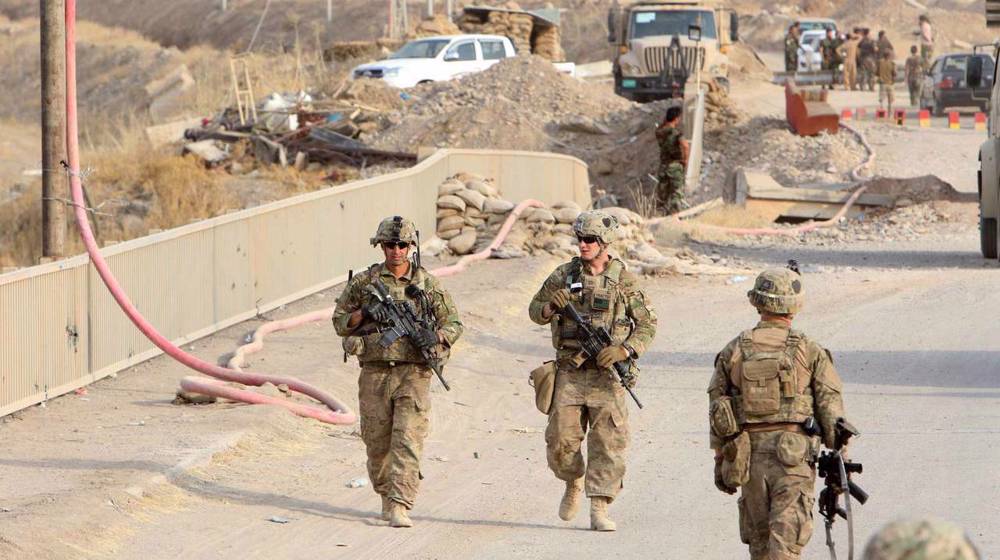
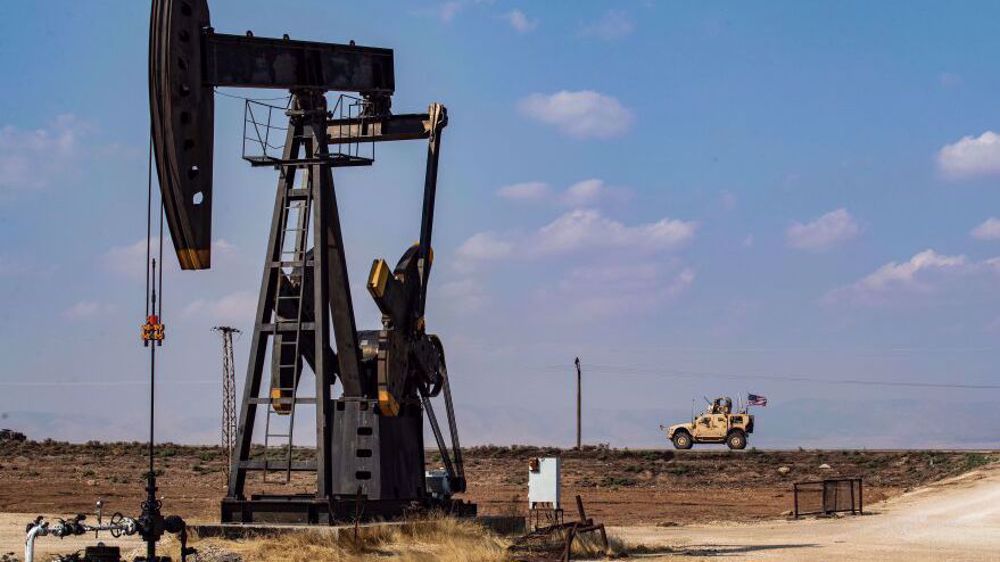
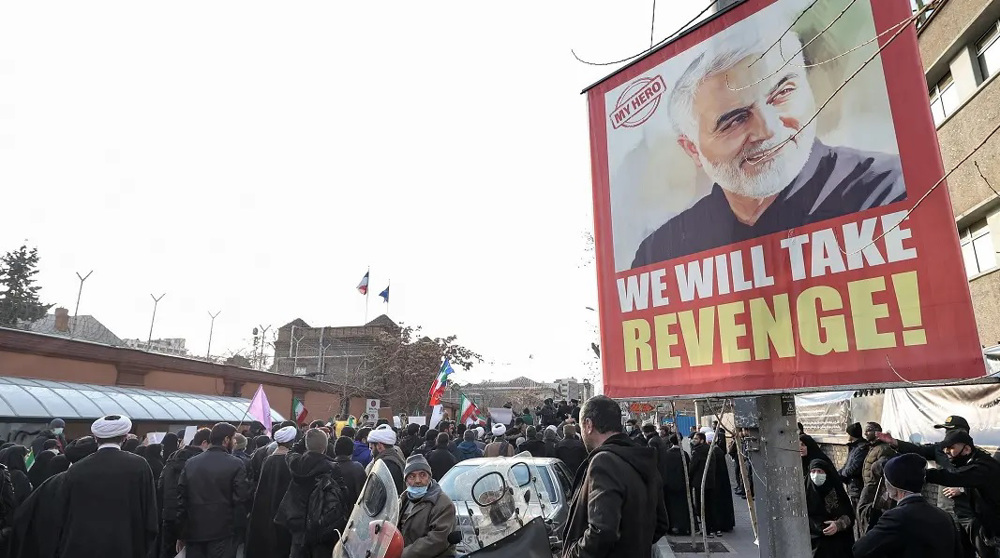

 This makes it easy to access the Press TV website
This makes it easy to access the Press TV website